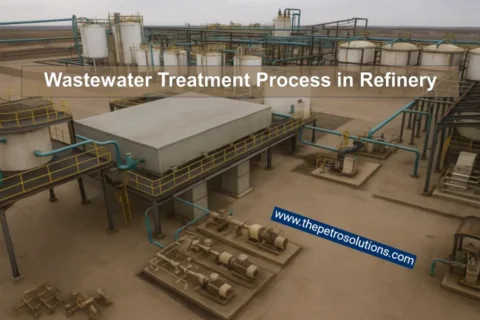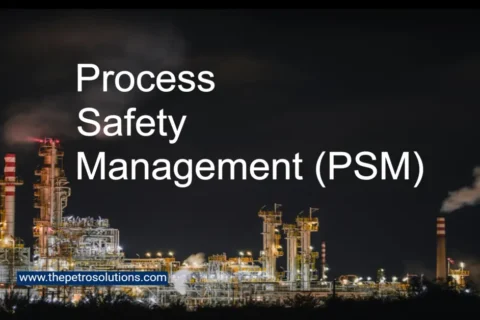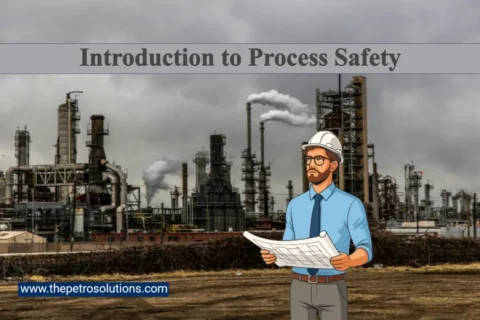Metal Catalyzed Coking (MCC) or Metal Carburization is a process in which carbon present in the hydrocarbon feeds is absorbed into a hot metal surface at elevated temperatures and low pressure. This coke mixes with the catalyst pills and forms hard filamentous coke which is a severe operating problem for the CCR Naphtha Reforming unit and also affects the material integrity.
Metal Catalyzed Coking starts with the diffusion of carbon into the metal component at high rates then gradually drops as the depth of carburization increases. These carbon-containing deposits or carburised metal fragments separate away from the parent metal and can build up to a level where they create serious operating problems and affect the metal’s integrity.
Conditions that favour the Metal Catalyzed Coking are high temperatures above 480 °C, low pressure (2.5~3.5 Kg/mc2), low hydrogen partial pressure low feed flows and absence of the passive layer created by H2S. The feed heaters of the reforming unit, are more prone to the MCC.
Normally, Metal Catalyzed Coking begins in the furnace tubes where carbon ingress displaces Fe, Cr and other metals from the interior of the furnace tubes. These displaced metals, particularly Fe contact with hydrocarbons and result in coke formation. As more and more of these metals are displaced by carbon they create a chain of active metal sites and carbon that forms filamentous coke.
The key parameter to avoid Metal Catalyzed Coking is to inject 0.25~1.0 wt ppm of DMDS into the reformer feed. The H2S reacts with metal (like Cr) and forms a passivation layer of metal sulfide over the metal surface. Confirm the presence of H2S by checking H2S in the reformer recycle gas (typically around 1.5 ppmv).
Effects of Metal Catalyzed Coking
- Coke formed in the furnace tubes can migrate to the reactors and lodge behind the scallops or baskets. The coke deposits can grow until the scallops or baskets are deformed, affecting catalyst circulation. In severe cases, Metal Catalyzed Coking damages the reactor internals such as scallop and center pipe.
- High pressure drop across the reactors, due to blockage of catalyst flow paths or lumps formation.
- Carburized steel is brittle and may spall or crack. Carburization can reduce (or eliminate) the remaining sound metal wall thickness and may also reduce the corrosion resistance of stainless steel.
- Blocking the catalyst flow or lumps formation in the CCR reforming unit. Coke will be present on the spent reforming catalyst.
- The process of metal-catalyzed coke formation will cause particles of the heater tube metal to break away from the tube surface, thus damaging the heater tubes.
Mitigation of Metal Catalyzed Coking
Mitigation of filamentous carbon growth is best achieved by reducing the possibility of hydrocarbon adsorption on the problematic iron surface. Two methods have been used to successfully achieve this goal in CCR reformers; 1. passivation of the metal surface with an adsorbate such as sulfur, 2. Use of a more appropriate metallurgy.
- To avoid MCC the injection of a controlled amount of organic sulfur (like DMDS) into the feed aiming to ensure minimum sulphur concentration (between 0.25 to 1.0 ppm). This Sulfur or H2S provides surface passivation of the tubes and protection of the heater tubes. Metal surface passivation aids in minimizing the rate of metal carburization and tube damage.
- Monitor H2S in the recycle gas, typically ~1.5 ppm. There should always be a trace amount present for MCC protection, but not to exceed 2~3 mol-ppm.
- Depending on the age of the heater tubes and processing service, the structural integrity of heater tubes should be checked for damage such as metal carburization. Tube repairs and
- Feed sulfur addition systems should be installed for metal.
Top References
- API -571, Damage Mechanisms Affecting Fixed Equipment in the Refining Industry
- www.afpm.org
- Mike Crocker, Linkedin.com
- Catalytic Naphtha Reforming Process by Soni O. Oyeka





